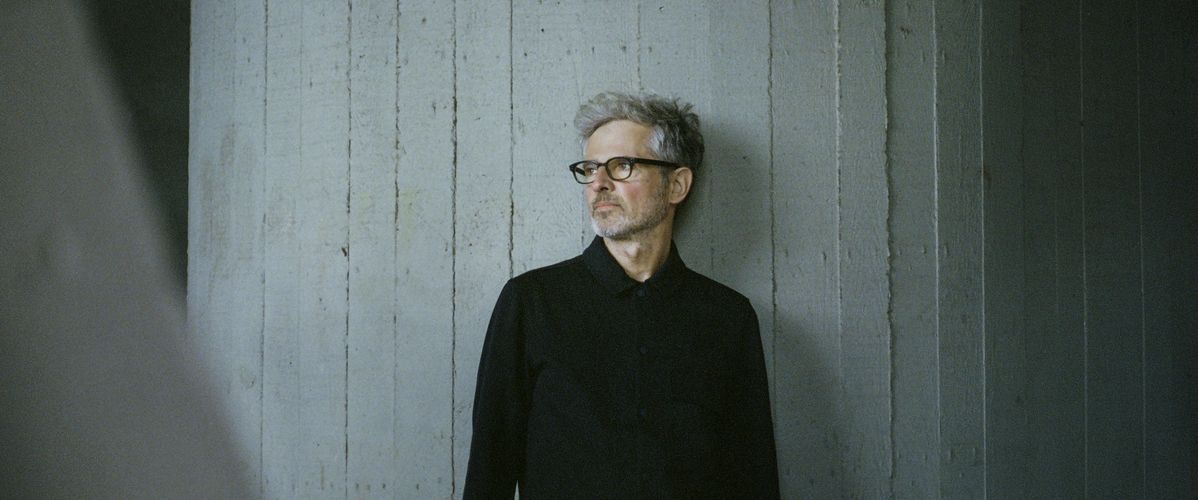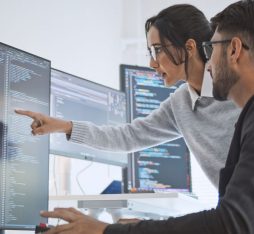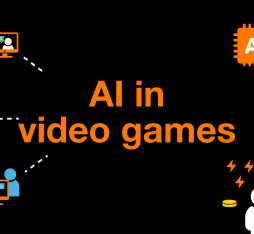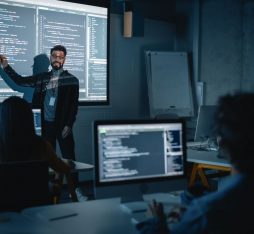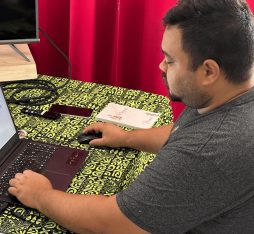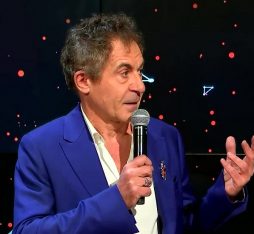• Musicians are wondering if it will be possible to fine tune the surprising results produced by these tools. They also worry that they will take market share from human artists.
• Some see AI as a threat to artistic creativity, others believe that it will pave the way for more extensive use of music in fields like advertising, film and the metaverse.
Start-ups like Udio and Suno, which provide AI tools to automatically generate songs and other music are all the rage on TikTok and Instagram: Udio’s users are already producing 10 ten tracks per second. “The results are spectacular but they are not so easy to fine tune, because these systems don’t really know how they obtained them in the first place,” explains François Pachet, the current director of the Spotify Creator Technology Research Lab and former head of the Sony Computer Science Laboratory. “Udio can now generate very high-quality sounding string orchestration, which is a game-changer for image music [editor’s note: used in advertising, film, etc.] but it’s not certain to make an impact in the artistic field.”
And I have no doubt that we will soon see quality generators that will respond to prompts in the same way that musicians respond to advertising briefs.
Benoit Carré aka Skygge, an artist who specialises in exploring AI, explains: “The business models for these tools aim to replace artists, and make it possible to fill low added value orders for generic music. And I have no doubt that we will soon see quality generators that will respond to prompts in the same way that musicians respond to advertising briefs.” However, for Carré, the idea that artists should worry about losing their creativity and uniqueness is misinformation: “The artists I’ve spoken to only see the tip of the iceberg. People like me who are interested in AI go looking for tutorials and links and integrate AI into various stages of their creative processes.” In short, artists have more to fear from low royalties paid by music streaming services.
Of little use to composers
AI tools are becoming established in mainstream music production. In November 2023, Paul McCartney announced the release of a new Beatles song, Now and Then, with help from AI: vocals by John Lennon were recreated from a demo tape recorded two years before he was murdered in 1980. “Audio generation from various sources and synthesized vocals now work very well, so too does source separation that can be used to demix tracks,” points out François Pachet.
“AI models are good at manipulating samples, but not great at solving problems. And we are still faced with combinatorial problems that need to be resolved because they make musical composition difficult.” For the researcher, the bid to compose tracks that are better than those that have already been created is the only activity worthy of interest. “The same applies to large language models: they can do many things but producing text that is actually interesting is another matter.”
Along with complex mathematical challenges, AI-powered musical composition is also faced with another problem, a lack of legal training data. As it stands, the only collaborative AI-assisted musical composition application is Flow Machines, a tool developed between 2015 and 2017 by Sony-CSL. Benoit Carré helped to design the programme, as did François Pachet who adds: “In fact, there’s no source where you can find sheet music for all the songs, and in view of the regulations recently passed by the European Parliament, you are no longer allowed to build this kind of database.” In particular, the AI Act requires generative AI systems to comply with regulations on transparency and respect for intellectual and artistic property.
New ways of listening to music
With regard to worries about a general decline in musical standards, Pachet argues that users should still benefit from universal access to new AI tools. “On the face of it, the exercise of control over content will be very difficult. We have an incredible opportunity to enable just about anyone to make music, and a lot of poor-quality content is part of the price we’ll have to pay for that.”
According to Benoît Carré, AI-generated music with potential uses in film and advertising could also feature in the metaverse. “With music generated with Suno, it’s as though we had the poster — that is to say a musical result — but without the surrounding landscape, which means that it has neither soul nor substance. It is a context that changes our perception and our relationship with musical works.” Will audiences who are aware of its provenance actually want to listen to tracks generated by AI? ”I suppose that it will become a new musical category and on occasion we may want to listen to AI-generated music that is a little dull. But I’m not sure what purpose it will serve.”

